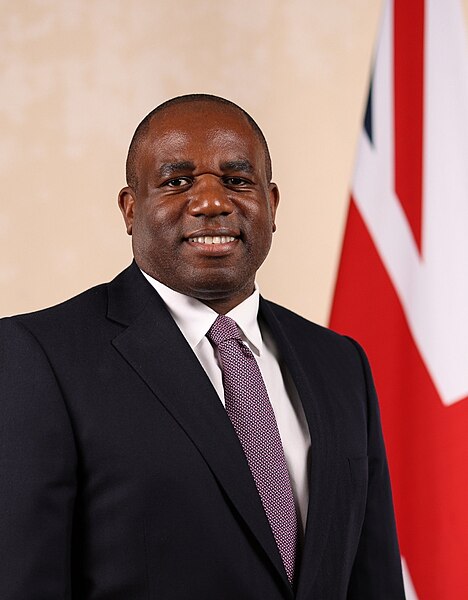
India and the United Kingdom have launched a new technology security initiative designed to boost economic growth and deepen collaboration on critical technologies.
This announcement came during the first official visit to India by the new British foreign secretary.
The agreement, revealed late Wednesday, outlines that the two nations will collaborate on essential technologies, including critical minerals, artificial intelligence (AI), semiconductors, and telecommunications. It will also enhance cooperation on climate, trade, technology, and education, as per a statement from British Foreign Secretary David Lammy's office.
“This will mean real action together on the challenges of the future from AI to critical minerals. Together we can unlock mutual growth, boost innovation, jobs, and investment," Lammy said.
During discussions with his counterpart, Subrahmanyam Jaishankar, the two sides also agreed to strengthen defense and security cooperation in the Indo-Pacific region and addressed global issues, including the Russia-Ukraine conflict, according to a statement from the Indian Foreign Ministry.
Lammy noted that his visit to India highlights one of the new government’s top foreign policy priorities: a reset with Europe on climate issues and engagement with the Global South.
The UK's new Labour Party government, which won the July 4 election, aims to “reset and relaunch” UK-India relations, particularly by restarting formal talks on a free trade agreement. This agreement was a significant goal for former Prime Minister Boris Johnson following Britain’s departure from the European Union in 2020.
During his visit, Lammy also met with Indian National Security Advisor Ajit Doval and Prime Minister Narendra Modi, who expressed his support for the new technology security initiative. Modi also indicated on social media platform X that India is eager to finalize a free trade agreement.
The proposed trade deal aims to double the two countries’ trade from the 2022 level of $50 billion by 2030. Johnson had previously promised to finalize the deal by Diwali in October 2022.
Despite holding 13 rounds of negotiations, the two nations did not reach an agreement before talks were paused due to the 2024 general elections in both countries. Photo by Wikimedia commons.









































